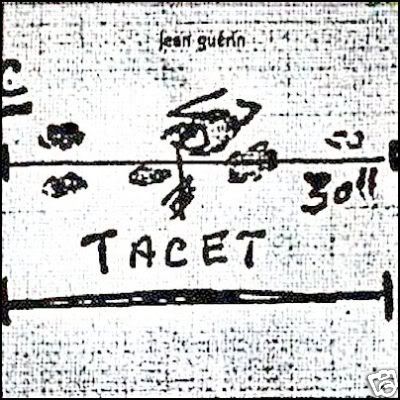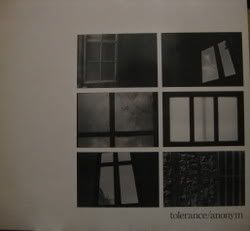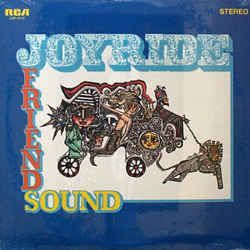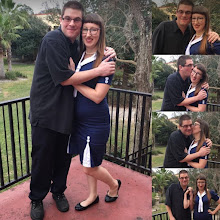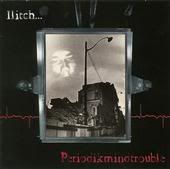
Oxygene, 1978; reissued and expanded to two discs by Fractal; available
Fractal edition: 2 discs. Disc 1: 7 tracks, 71:06. Disc 2: 12 tracks, 75:38
More French insanity! Ilitch was essentially multi-instrumentalist Thierry Müller. On their next album, 10 SUICIDES, there was a full band, but for the majority of PERIODIKMINDTROUBLE it's just Thierry and his arsenal of instruments. On two tracks he's assisted by his brother Patrick, and there is a rerecorded track with Laurent Saïet on guitar, but those are the only exceptions. The material was recorded between 1974 and 1978. The original LP consisted of a few of the "Innerfilmsequences" on side A, while the B-side was entirely occupied by "Periodikmindtrouble". For the reissue, "Periodikmindtrouble" itself is track 1 of disc 1, with tracks 2 to 4 being "Ballades Urbaines", followed by the two-part "A.B.ss" and the short "Micik Für Brokenpedalboard". Disc 2 is the entirety of the "Innerfilmsequences", including the five released on the original LP and two which were released on the severely rare P.T.M. WORKS cassette. As for the music itself, Ilitch comes across as the evil offspring of Terry Riley, NO PUSSYFOOTING and early industrial. At times this veers close to Heldon, particularly on "Periodikmindtrouble" itself, which is performed on organ and "destructed" guitar. That being said, Ilitch is still a uniquely creative entity. Disembodied voices are scatterred throughout "Ballades Urbaines", which is equally covered in distortion and effects, making for a truly unsettling mix. This was originally intended to be the B-side of the LP, and it would have been a fine release on its own. The remaining compositions on disc 1 are early recordings, both from 1974, and these are every bit as interesting as the rest of the material. Disc 2 goes into progressively more abstract territory. Harmonium, guitar, organ, synths..... all find their way into Müller's hands. It's interesting to note that Müller used a Revox A77 recorder, the same model Eno used for NO PUSSYFOOTING. Ilitch's material is similarly displaced in time, being shrouded in echo, reverb, delay, and all manner of modifications that combine to form an entirely mesmerizing and disorienting collection. It comes across in the end as a truly amazing cross between cosmic music, early industrial, musique concrete, and proto-dark ambient. Needless to say, this is highly recommended. Ilitch continues to release albums; the latest offerrings are more synth-pop, but still very worth a listen. Also worth hearing is their second album, 1980's 10 SUICIDES, which is like a demented outsider take on synth-pop.
